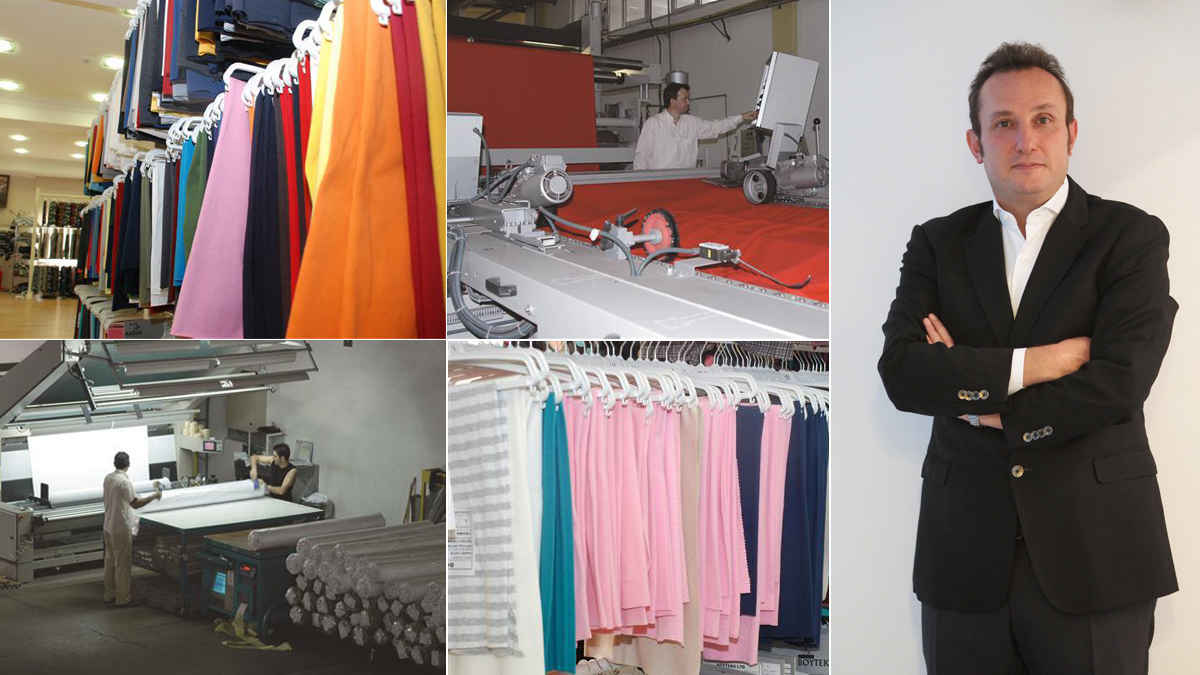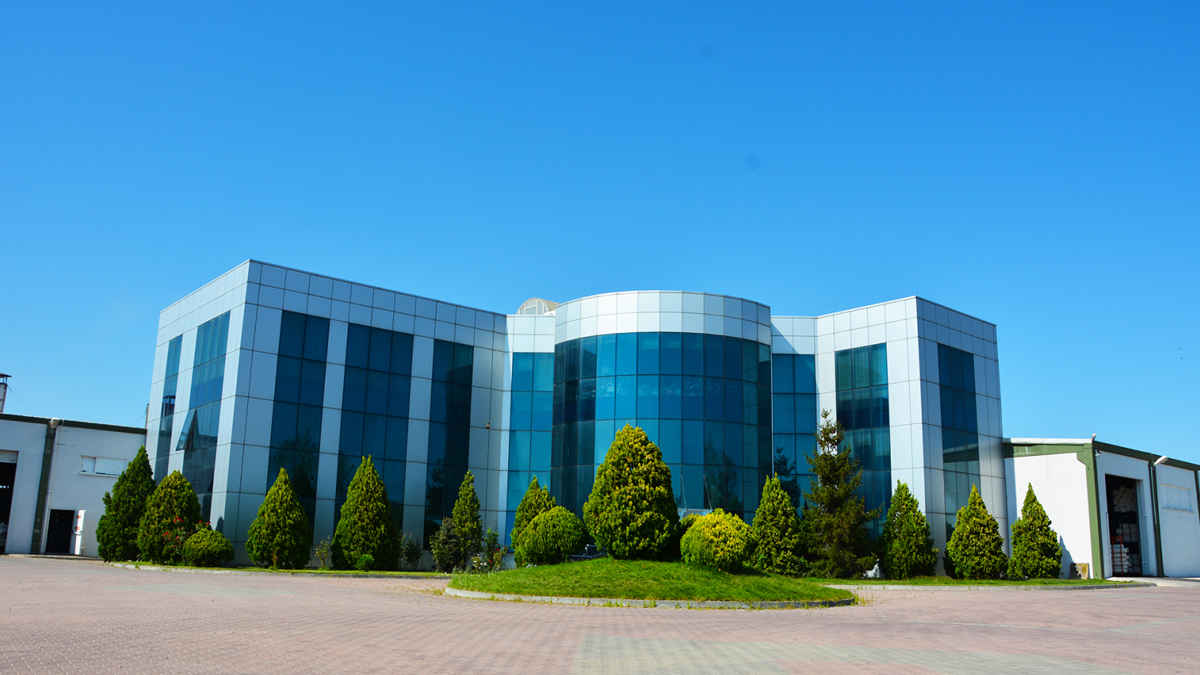Thanks to the measures taken, Karsal Örme, one of Turkey’s major textile enterprises, was able to emerge stronger from the Covid-19 pandemic. Karsal Örme was founded in Istanbul in 1995 by the second generation of the Köksal Family, which started its journey in the textile sector with the apron dyeing business in Trabzon in the 1970s, and continues its activities in its modern factory in Çorlu, Tekirdağ. With an annual production of 8 thousand tons of raw and dyed knitted fabric in its 35 thousand square meters of indoor spaced integrated facility, Karsal Örme employs 400 people and provides a strong export contribution to the economy of Turkey.
The third generation of the Köksal Family continues to work for Karsal Örme to open up to new markets. The company’s Chairman of the Board, Hüseyin Köksal, gained experience by working in every department of the company since his childhood. Providing information about the recent work and the measures taken during the pandemic period, Köksal underlined that Karsal Örme is a company that grows regularly every year.
We hit the brake at the right time
Stating that they had a strong order list when the pandemic started, Köksal said that they had already filled their production capacity for the next 4 months in January 2020. Köksal stated the following; “That period markets in Turkey was about to explode almost. Big orders were coming to Turkey because of the pandemic in China. However, this situation made me nervous. Because my philosophy is one’s life cannot be based on anyone’s unhappiness. I felt that this uncertain situation would turn into a negative. Therefore, in February 2020, we stopped purchasing raw materials, reducing order purchases. As I guessed, everything stopped after two months. We did not suffer any damage because we hit the brake at the right time”.
Stating that they lowered the switches on March 20 within the scope of the measures taken to prevent the spread of the pandemic, Köksal announced that they immediately established a crisis team. “We made financial decisions in the first three days,” said Köksal, adding that at the end of the third day, he returned to university times and focused on production. Köksal; “I don’t like a bulky construction. Bulky raises costs, leaves you back. This process made me see that cumbersome structure. In this respect, we had an efficient process related to production during the pandemic process”.
Köksal stated that despite the comprehensive measures they took during the pandemic, no employee was unjustly treated. Köksal noted that even the salaries of the personnel who cannot work due to chronic illness are paid in full. “We fully protected the rights of our staff. For this reason, we do not have a case in labour court. As a 25-year-old company, this is one of the things we boast of. We have not been in court with any of our employees to this day”.

40 million dollars of investment will be made in 4 years
Disclosing that Karsal Örme has a strong future vision, Hüseyin Köksal announced that they plan to invest 50 million USD in the next 4 years. Expressing that the company has been growing continuously for the last 4-5 years, Köksal continued his words as follows; “We made a turnover of 117 million TL in 2016, 151 million TL in 2017, 202 million TL in 2018, and 260 million TL in 2019. Of course, these are approximate numbers. Had it not been for the pandemic that affected the whole world, we would have reached the turnover target of 300- 350 million that we set at the beginning of 2020. However, we foresee a successful turnover”.
Saying that Karsal Örme is one of the top three companies in fabric manufacturing for men’s outerwear group; Hüseyin Köksal noted that they have invested every money they have earned so far into their businesses. Relaying “We did not keep our capital idle”; Köksal mentioned that they are constantly investing in infrastructure and machinery to keep up with technology. Köksal concluded his words saying; “Those involved in the clothing industry would not prepare their summer or winter collections without visiting our showroom. Big companies come to work with us, but we do not prefer. I have 10 big and small customers instead of having one big customer. I don’t want bargaining power in front of me. By working for one person, you get away from the realities of the market”.

